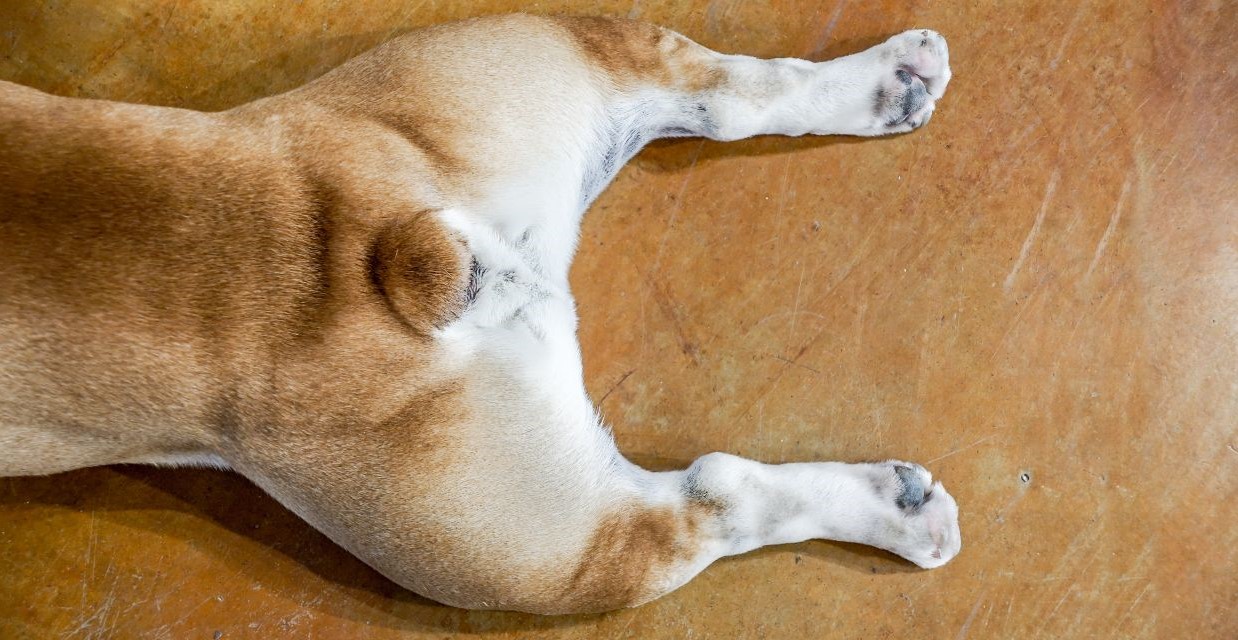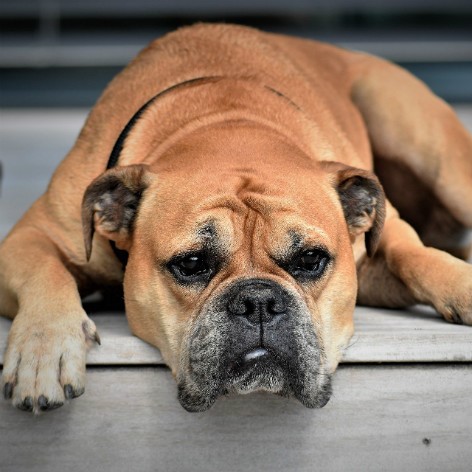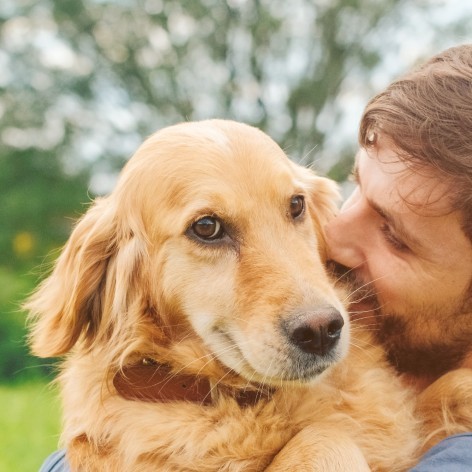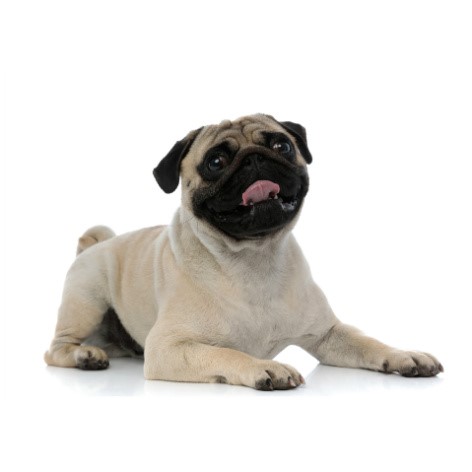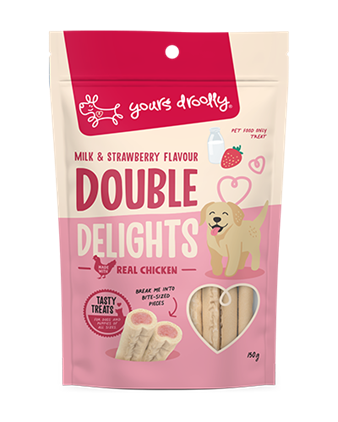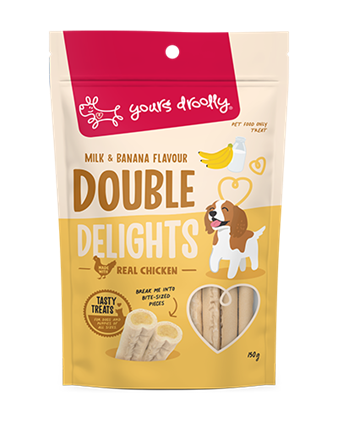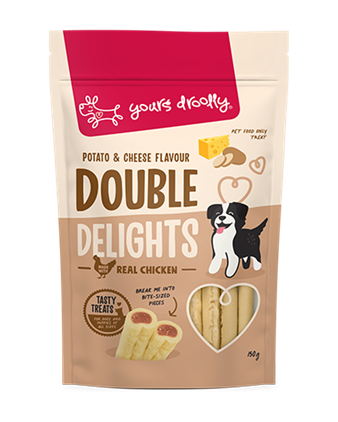Anal gland problems are an often-encountered frustration for pet owners, and this can happen in cats, but is most often an issue for dogs.
What's happening? And what's the cause?
There are two glands which sit either side of their bum, and are on the inside of their bodies, toward the very end of their intestinal tract (in the rectum). There are a few potential contributing factors to anal gland impactions mentioned below but most importantly, if they remain a problem or if your pet is repeatedly bothered by them, then it’s important that they see a vet, as complications can occur in this area and surgery may even be required.
Inflammation and infection of the draining tract of the anal gland usually leads to a blockage, and the associated gland becoming impacted. The fluid which is produced by the gland builds up and can be kept in there for some time, aggravating your pet, leading to discomfort and often the typical ‘scooting’ behaviour in dogs, which we might associate with intestinal worms too.
The local discomfort can mean that they pay lots of attention to their rear end (eg grooming and licking) and this may lead to even more inflammation and worsen the issue.
Apart from blockage due to inflammation, obesity can be an issue in blocking the draining tract too, as can injury and anatomical issues.
What can I do about it?
As it isn’t an uncommon issue, your vet, vet nurse and quite often pet groomers will be well versed in expressing anal glands, so be sure to seek their assistance in dealing with them. Your vet will be able to address any complications, give thoughts on potential contributors to the issue and help you address them.
Are anal glad issues associated with their diet?
As far as diet is concerned, one approach worth trying is to increase the amount of fibre in your pet’s diet. Particularly the indigestible, insoluble, ‘bulking’ type, which increases pressure through the rectum, ideally enough to allow the expulsion of anal gland fluid.
Dog kibble contains fibre as the indigestible part of their carbohydrate ingredients. This fibre helps in keeping a pet's digestive system moving and 'regular'. Dog fibre supplements are available from many pet stores but of course we recommend speaking with your vet before going down this route.
Again, it is always worth asking your veterinary team with regards to these diets, and the possibility of fibre supplementation which if fed, should be monitored to gauge effects.


